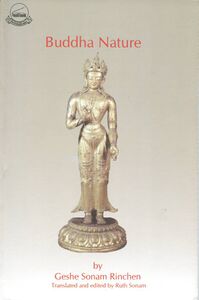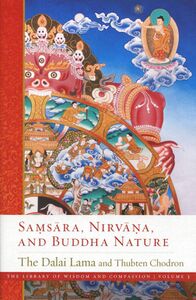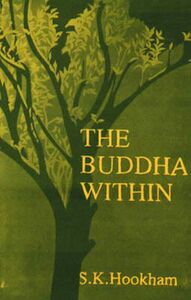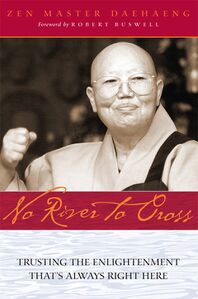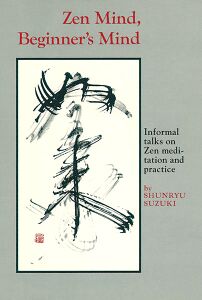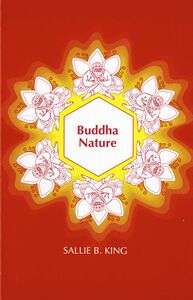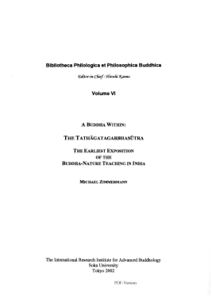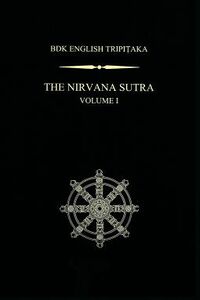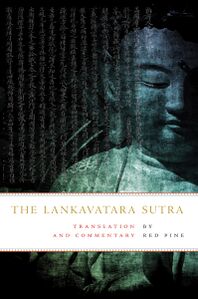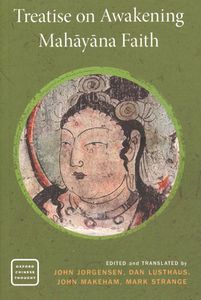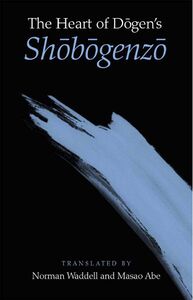Begin Discovering Your Buddha-Nature
From Buddha-Nature
Discover
Discover how buddha-nature is articulated in various Buddhist traditions by exploring multimedia, articles, books, and translations of primary sources from leading Buddhist teachers and academics. This page brings together a collection of curated resources designed to make the concept of buddha-nature understandable and accessible to a general audience.
On How Beginning Students Might Engage with Buddha-Nature Teachings by Ringu Tulku
Ringu Tulku talks about how beginning students might start to orient themselves toward buddha-nature teachings in practice. He explains that it is important to recognize that everybody has the seed of wisdom and compassion within them.
Featured Articles
Books
Featured Articles
Books
Study the Sources
The seeds of buddha-nature teachings are sprinkled throughout the sutras and tantras of the Buddhist canon. A core group of scripture that initially taught buddha-nature known as the tathāgatagarbha sūtras date between the second and fourth centuries. These include the Tathāgatagarbhasūtra, the Mahāparinirvāṇasūtra, the Śrīmālādevīsūtra and several others. The famous Laṅkāvatārasūtra was also important for buddha-nature theory. In Tibetan Buddhism the late-Indian treatise Ratnagotravibhāga Mahāyānottaratantraśāstra, or Gyü Lama as it is known in the Tibetan, serves as a major source for buddha-nature. In East Asia the Awakening of Faith in the Mahāyāna (大乗起信論) and the Vajrasamādhisūtra were the most influential treatises in spreading buddha-nature theory. And in Japan, the Zen master Dōgen (1200–1253), whose instructional lectures were collected in his Shōbōgenzo, also wrote extensively on the topic of buddha-nature. All of these important buddha-nature texts have been translated into English by leading scholars and translators. Below is a selection of these works:
Buddha-Nature in Translation
More from the Experts
Alex Gardner served as the writer-in-residence for Tsadra Foundation's Buddha-Nature Project from 2017-2019. Read his introductory articles on the Ratnagotravibhāga and the history of buddha-nature theory.
Jump to Explore to Learn More
Featured Articles
The Literature
Texts and multilingual resources.
expand

